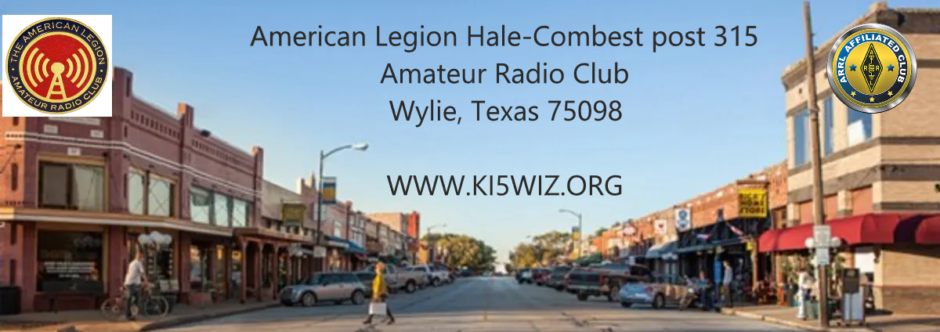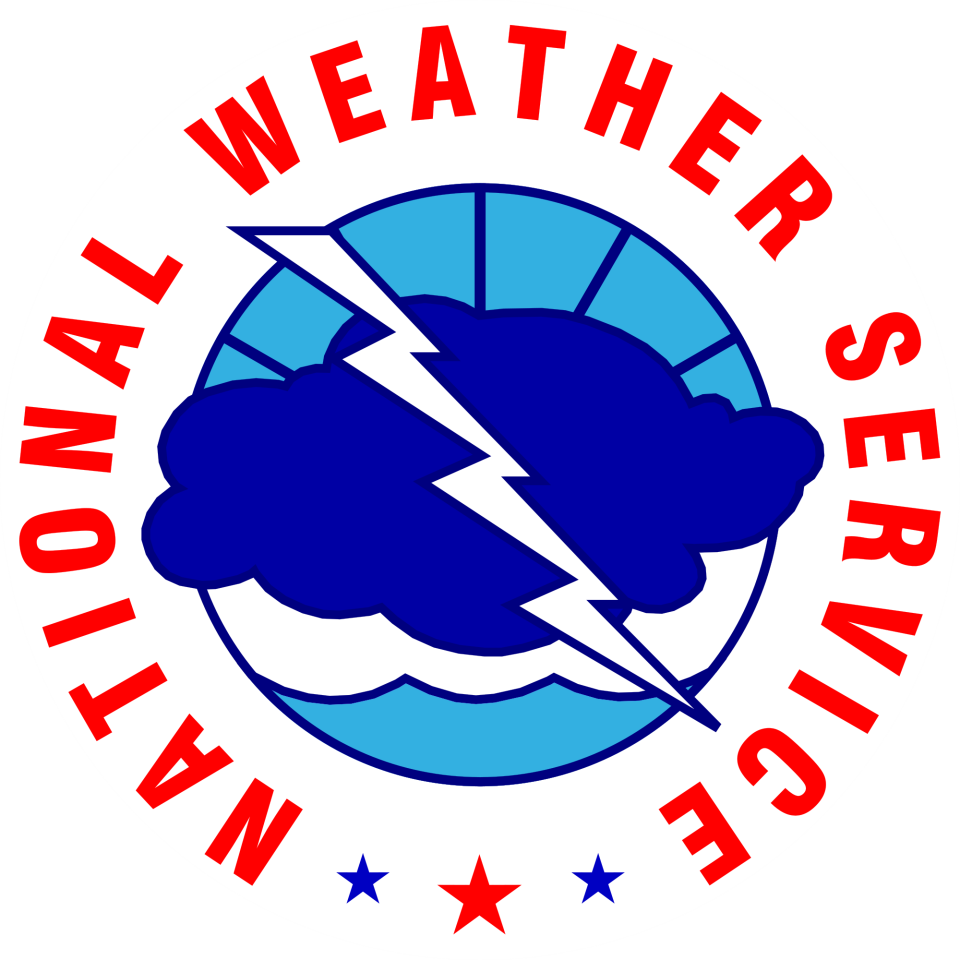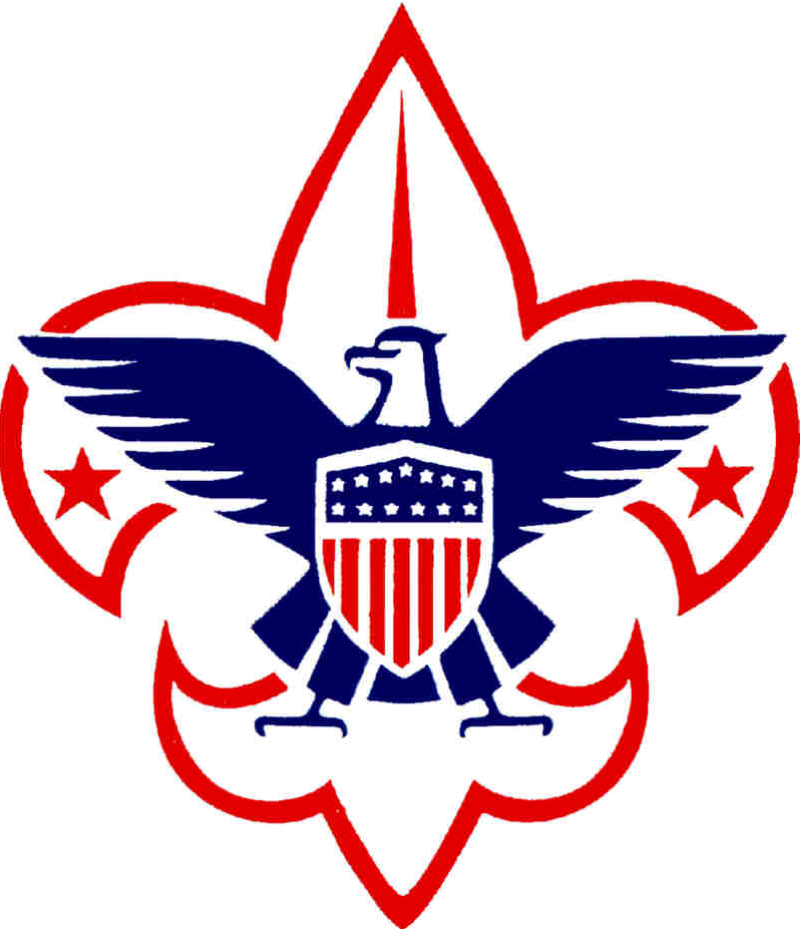WHAT IS AMATEUR RADIO ?
An amateur radio operator is an individual who typically uses equipment at an amateur radio station to engage in two-way personal communications with other similar individuals, on radio frequencies assigned to the amateur radio service by the Federal Communications Commission (FCC) in the United States and the International Telecommunication Union worldwide.
Amateur radio operators build and operate several types of amateur radio stations, including fixed ground stations, mobile stations, space stations and temporary field stations. A slang term often used for an amateur station’s location is the “shack,” named after the small enclosures added to the upper works of naval ships to hold early radio equipment and batteries.
American amateur radio operators are granted an amateur radio license by the FCC upon passing an examination on radio theory and operation. As a component of their license, amateur radio operators are assigned a call sign (such as KC9ANG) that they use to identify themselves during communications. There are about 3 million amateur radio operators worldwide, including more than 700,000 licensed operators in the United States alone.
Amateur radio operators are also known as radio amateurs or hams. The term “ham” as a pejorative nickname for amateur radio operators was first heard in 1909 by operators in commercial and professional radio communities. The word was subsequently embraced by the operators, and stuck. However, the term did not gain widespread usage in the United States until around 1920, after which it slowly spread to other English-speaking countries.
AMERICAN LEGION BY-LAW FOR AMATEUR RADIO:
AMATEUR RADIO: To assist in the development of amateur radio, and, to that end, to establish an amateur radio chain among volunteer radio enthusiasts.










